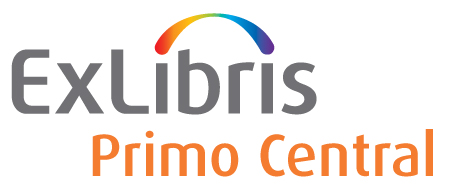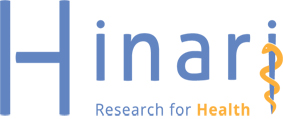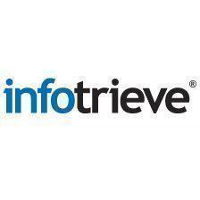Article Type
Original Study
Subject Area
Skull base surgery
Abstract
Background: Endoscopic endonasal transsphenoid approach of pituitary gland is being effectively replacing microscopic approach. This approach need a lot of training and stepwise learning to reach perfection. This study discuss the experience and pitfalls of an evolving skull base team in one institute. Aim of the work: Analysis of first sixty pituitary adenomas patients operated by an evolving skull base teams in one institute, and highlighting modifications introduced in their technique. Methodology: This is a retrospective analytical study of the medical records of first 60 pituitary adenoma patients who had presented to one center and had endoscopic trans-nasal trans-sphenoidal approach by conjoined skull base team. Results: There were 60 cases of pituitary adenoma; 23 males, and 37 females. Mean age were 46 years old. 37 cases (61%) had temporal field defect, 22 cases had visual acuity loss, 41 patients (68%) had nonfunctioning adenomas, and 18% were prolactinomas. Fifty two cases (86.6%) were macroadenoma, and 2 patients (3.3%) were microadenoma. 48 cases (80%) had suprasellar extension, while 19 cases (19%) had parasellar extension. Three cases (5%) were recurrent. Trans-nasal cavity approach was adopted in 58 cases (96.6%). 4 cases needed middle turbinate resection. Mean operative time was 3 hours. Gross total removal of the tumor were achieved in 49 cases (81.6%). Intraoperative CSF leakage occurred in 31 patients (51%). Failure of reconstruction occurred in 4 cases (6.6%). Mean duration of hospital, and ICU stay was 8, 2 days respectively. Postoperative temporary diabetes insipidus occurred in 35 cases (58.3%), 5 of them (8.3%) had permanent DI. Major CNS complications occurred in 2 cases (3%). Conclusion: The more experience gained the more modifications introduced to improve surgical outcome; more gross total resection rate, less morbidity, and mortality rates, less operative time, better quality of life of patients and less time and effort exhaustion of the team work.
Keywords
Pituitary - Trans-sphenoid - Hypophysectomy - Skull base
Recommended Citation
Hassan O, Fatthallah M, Mallawany M,
et al.
Review of first 60 pituitary adenoma cases of a skull base team, one center experience.
Pan Arab J. Rhinol.
2022;
12 : 25-34.
Available at:
https://pajr.researchcommons.org/journal/vol12/iss1/6
DOI: https://doi.org/10.58595/2090-7559.1004
Creative Commons License

This work is licensed under a Creative Commons Attribution-NonCommercial-No Derivative Works 4.0 International License.
Included in
Oral and Maxillofacial Surgery Commons, Otolaryngology Commons, Otorhinolaryngologic Diseases Commons
















